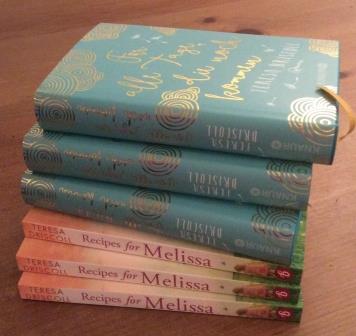 So we are writers, yes? But do we know our metatags from our sitemap verification? Our SEO strategy from our google dashboard? Think I am speaking in tongues? Oh that I were… Look away now all of you familiar with this land and this lingo. I thought I understood the basics but, heaven help me, when I set up this website - to share a few smiles and tips with other writers - I had no idea. Oh go on. Smile your wry smile at me, all you techno gods. I know. I know. I should “get” this stuff. It’s all about platforms these days – and we’re not talking shoes. “Have you verified?” someone asked when I queried why my site had suddenly disappeared from the google search list. Excuse me? Verified? “Yes – so the spiders can crawl your site. Check you out regularly.” You are kidding me. I didn’t even know google had spiders – verified or otherwise. Cue slow and ominous shaking of head followed by lecture – from which I learn that these software bots creep around the web regularly, checking for new content to decide if a website or blog is worth keeping an eye on. So now my blood is running cold worrying that the spiders may be reading this right this moment. May not like what I’m saying. OK. Call me paranoid, but let’s now call them giraffes so their ears don’t burn (do spiders have ears?). So the, ahem, giraffes apparently creep through these pages from other pages to ensure we are all behaving ourselves. And what exactly do the spiders want, I ask my adviser. “Oh – that’s easy. Fresh and original content. Regular updates. ” Gulp. Absolutely no pressure then…. ·  I have just received a lovely email from the fiction editor of a magazine I write for – asking me for (brace yourselves/shock horror) “more short stories, please”. Oh – how I smiled. Oh – how I shook my head in disbelief. Oh – how I share this here not to show off (promise) but to encourage those fed up with rejections to please keep going. You will see from my writing life that I’ve always earned my living from words – initially newspaper journalism, then telly - so I have a workaday attitude. I don’t do “writer’s block” (try telling a newseditor that you’re not in the zone today) and I write with a professional expectation rather than a feint hope to be paid for my efforts. But I always knew that stepping sideways into fiction a decade ago would be the biggest challenge in my writing life. And I wasn’t wrong. I started with short stories for women’s magazines with not the foggiest idea how difficult and professionally demanding this sector can be. I had what I hoped were two strong ideas and wrote them both up over a few weeks. Back then snailmail submissions were the only option so I sent the first story to a weekly magazine and waited. And waited. And waited. Months later, having pretty much forgotten about the submission, I was thrilled to suddenly find an email confirming acceptance…and offering me money. My first payment for fiction. How exciting! All fired up I sent my second story to another magazine. Same long wait. Same outcome. Acceptance. Cheque in the post. This is too good to be true, I thought. Famous last words, Teresa. I dashed off three more stories and hurried to the post, mentally spending my new income stream. Many weeks passed and back came three rejections. The fiction editors were kind and encouraging – admiring my writing ( thank you) but explaining that the stories were on “well-worn” themes. Not sufficiently strong or original. Wounded, I re-grouped and gave myself a good telling off. Since then I have experimented extensively, learning much about what works and what doesn’t, what sells and what doesn’t and above all made a pledge never to dash anything off. There are, of course, many different kinds of short stories. For competitions and pure pleasure, I enjoy writing literary short stories – loving the freedom to experiment. But they are very hard to sell. I am a professional, remember – writing as my living - so I am equally thrilled to have developed the skill of writing for women’s magazines – stories which are enjoyed by many thousands of readers worldwide. I am very grateful for the income and approach the sector with the enthusiasm and professionalism it merits. There are myths to be dispelled here. Women’s magazines are not looking for soppy (or sloppy), sentimental stories. They are looking for original, well-written pieces which their readers will find entertaining and uplifting. They are looking for unusual themes and unusual treatments. (I feel coy doing any plug but see my story The Jam Jar with a hindered narrator in my collection Moments. This collection will hopefully entertain while also guiding you on what sells to the magazine market. So - what are my tips? How have I reduced the rejections? I have learnt not to start writing until I have something to say. Sounds odd? It isn’t. For there is a big difference between being able to write….and having something to say. I like the quote which says a novel needs a plot and a short story needs a point. I don’t mean it should preach. I don’t mean that every story needs a big, moral lesson. But there does need to be a strong undercurrent, tugging a reader just a little off balance. For any story to succeed for me something needs to change - even if it’s just an opinion held by the main character. So these days I do not even start a story until I have a strong feeling about its raison d’etre. Once I’m moved by something; once I feel that I have something to say – or a character who has popped into my head has something to say- that’s when I write. And no surprise – those are the stories that sell. So my tip is to wait for a really strong idea and to dig deep. When they say “write what you know” they do not mean write your story. They mean write about emotional landscape you understand. Suffered terrible sibling rivalry as a child? Write about it. Not the facts of your experience – that’s not fiction – but the feelings. Suffered loss? Write about it. I cannot recommend highly enough the new website for the wonderful Bridport prize which does so much to champion the very best in literary short stories. Read their anthologies and learn. http://www.bridportprize.org.uk/ Above all – keep going. Good luck. Oh, and pray excuse my indulgence while I smile to re-read that email. More short stories, please… Two things set me thinking about backstory this week. First I read a neat little quote from literary agent Johnny Geller and second – I had a lovely, real-life treat involving my own TV backstory. First to JG. I came across his blog pointing the finger very precisely at a mistake I made in my early fiction writing and one which I suspect is quite common among new authors. In it JG said : “If you have too much back story, you do not have a novel. What you have is an explanation…” Ouch. Oops. Hands up. Fell for that one early on. Sorry. It made me smile as I sure wish I had read that years back to spare myself some apprenticeship time! We all know that backstory is crucial. In real life it makes us who and what we are. In fiction it makes our stories and our characters convincing and intriguing. Great stories often have dark and mysterious secrets bubbling up from the past. But JG is right. Backstory becomes the baddy when it gets too big for its boots. Gets in the way. For myself it took a while to learn how to handle the delicate balancing act between crucial narrative drive and the backstory necessary for the depth and the intrigue readers so love. As JG says – too much backstory and you do not have a plot at all. Too little and there is a danger no one will care about your characters. Of course you could just throw it all up in the air and make the backstory the novel itself - think “Water for Elephants”. But then you will have to handle the backstory...to the backstory. Sometimes I wonder why, as an avid reader, I did not spot all the essential tips and tricks that an author needs before I ever picked up a pen. But isn’t that precisely the problem? Clever authors do things that readers do not notice… Which is why we really do need to learn from our own mistakes (and the mistakes of others). Below you will find links to the Johnny Geller piece and another with some very good tips on handling backstory. But before I sign off, I must share the real-life smile which inspired this little blog. Years ago I presented a BBC news programme called Spotlight. Night after night I sat alongside co-presenter Russell Labey and weatherman Craig Rich ( see Telly Days). It was our role to present a calm exterior – often while all hell was breaking loose behind the scenes! We felt a tremendous bond doing that programme, had a lot of fun and amazingly despite the stress that telly can often involve, we never had a cross word. We all have very different lives these days. I work as a writer, Russell is a busy theatre director and scriptwriter based in London and Craig is busily retired – travelling and sailing the world. But this week we were reunited for the first time in years for a lovely lunch in Plymouth. My goodness we had a lot to say. This – my real-life back story offers none of the angst and drama that fiction requires. It would make a rubbish book – all smiles and warm glows. No conflict. But it makes for a lovely life. So here’s to gripping backstory in our fiction….and to good friends and happy memories in our real lives. Happy writing! http://www.guardian.co.uk/books/booksblog/2012/oct/01/what-do-literary-agents-want http://www.fiction-writers-mentor.com/back-story.html  "So - what genre do you write in?" Cue awkward smile to be followed by choking. How I wish, hand on heart, I could say that I finally have this one sorted. "Mystery suspense" is the answer I give these days - and I have a book on submission so, heaven help me, I ought to know. But am I alone when answering the dreaded genre question in always wanting to add a little rider? "Mystery suspense....ahem, I think?" All agents and publishers look away now. We do not mean to torment you, to be unprofessional or to ignore your wisdom and long experience. And yes, I absolutely do see that readers like to know what they are reading. And marketing people need to know what they are marketing. The problem with writers is we just want to - well, sit down and write. So it's hard to face up to the genre police with all their categorical categories - though I guess in the end we all learn that we have no choice if we want to sell. Which, of course, we do. When I first started writing novels, I was lucky to be signed by an agent pretty quickly with my fair share of near-misses re publishing deals to follow but I was warned along the way that I needed to be careful not to "fall between genres". Ooh err. Sounds terribly painful, doesn't it? I promise, cross my heart, that I have been watching my step ever since - worrying that I may disappear down some dark (genre) chasm never to be seen ( or published) again. Thankfully my lovely agent at Pollinger Ltd has been eternally positive and supportive throughout any identity crisis. I know my place now....I think. Though I have just realised that I may have made a financial faux pas. While googling the difference between "suspense novels" and "thrillers", I learn that in terms of an advance, the difference is "around six figures". So on reflection, if anyone asks... ...I write thrillers. |
AuthorTeresa Driscoll - journalist, author, mother of two and lover of great coffee. CATEGORIEsArchives
February 2024
|
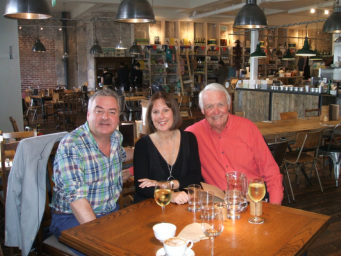
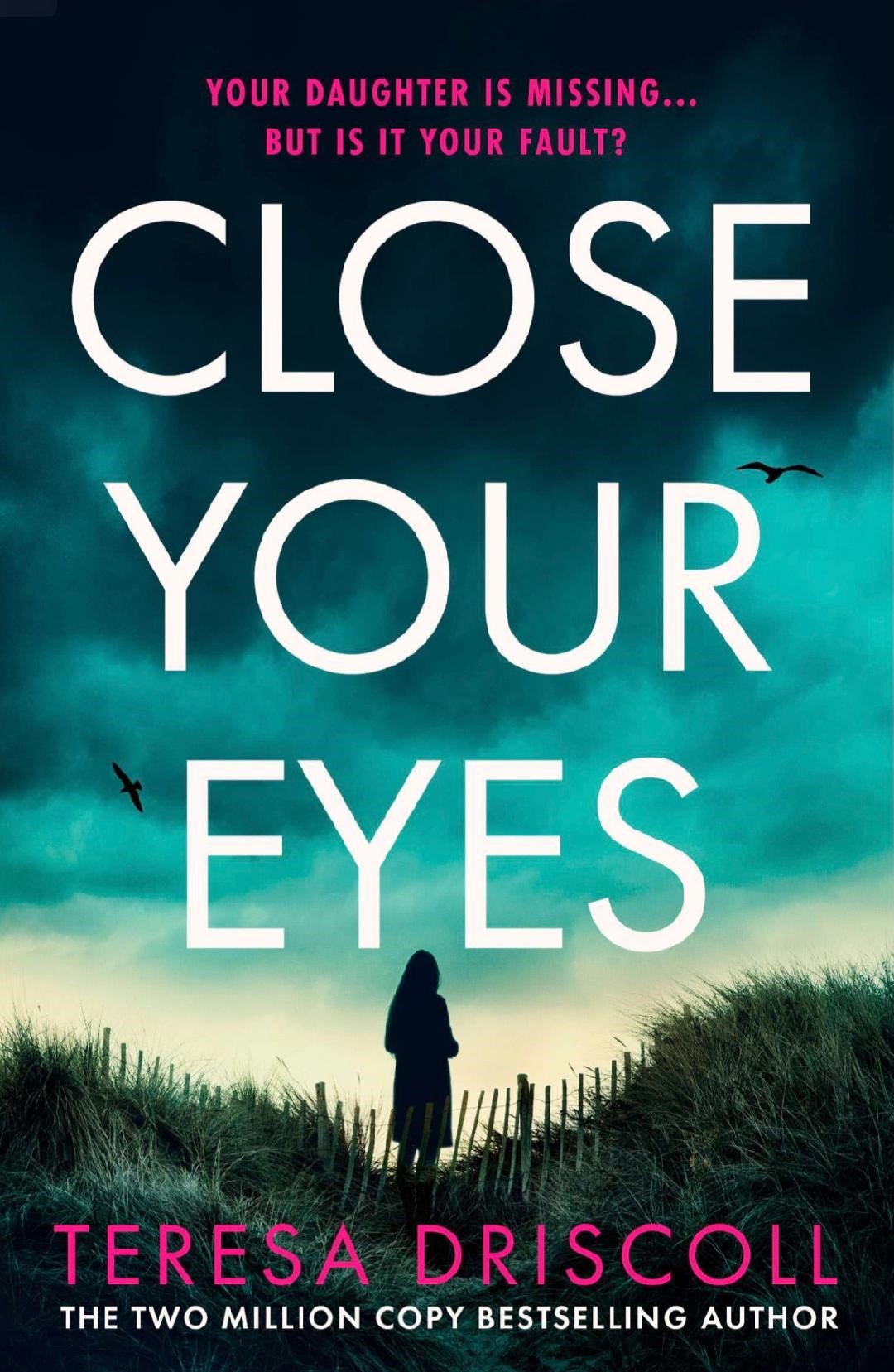
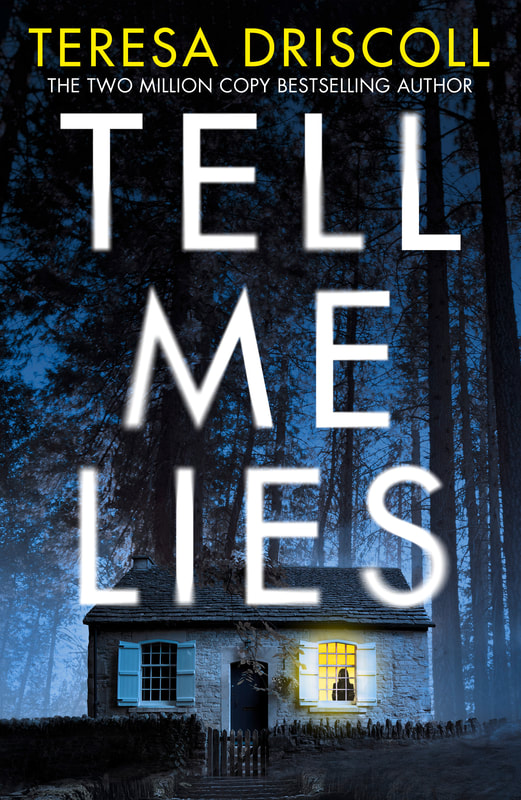
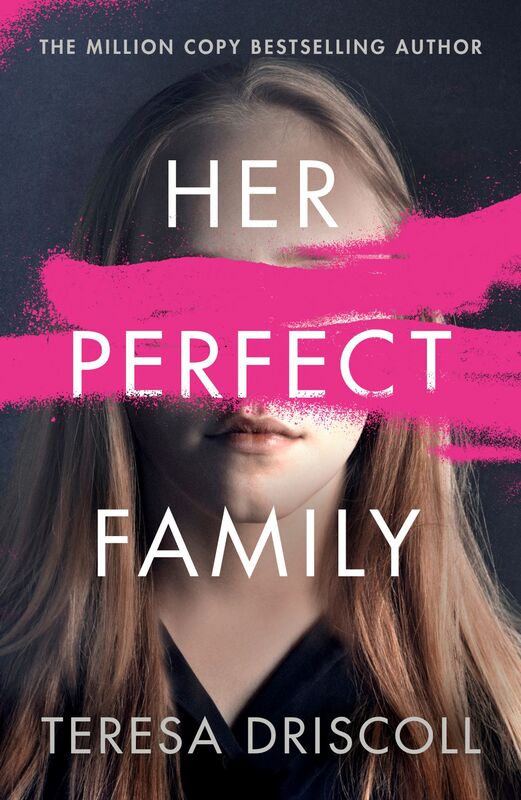
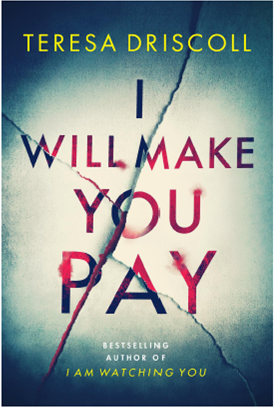
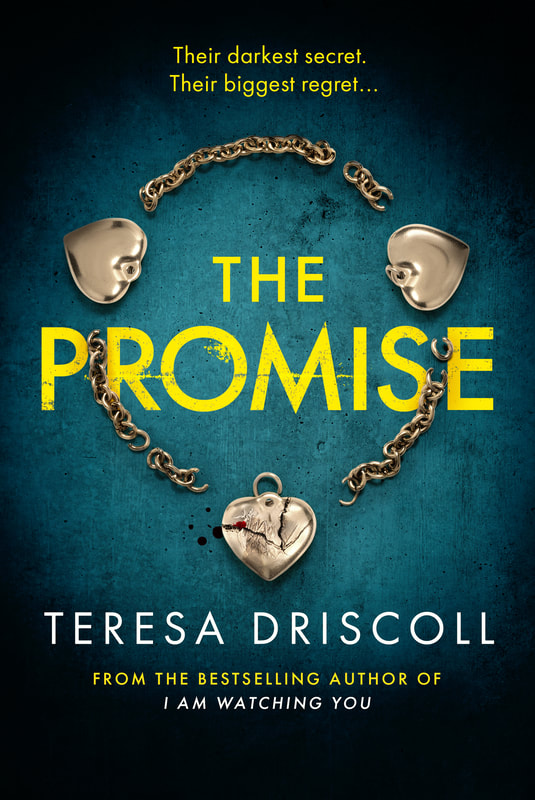
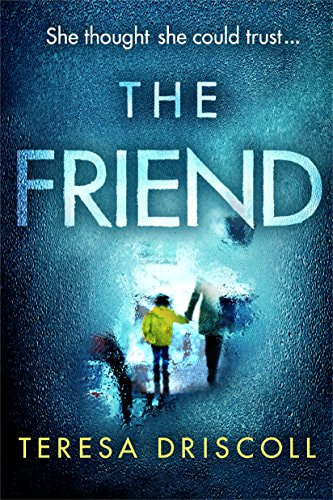
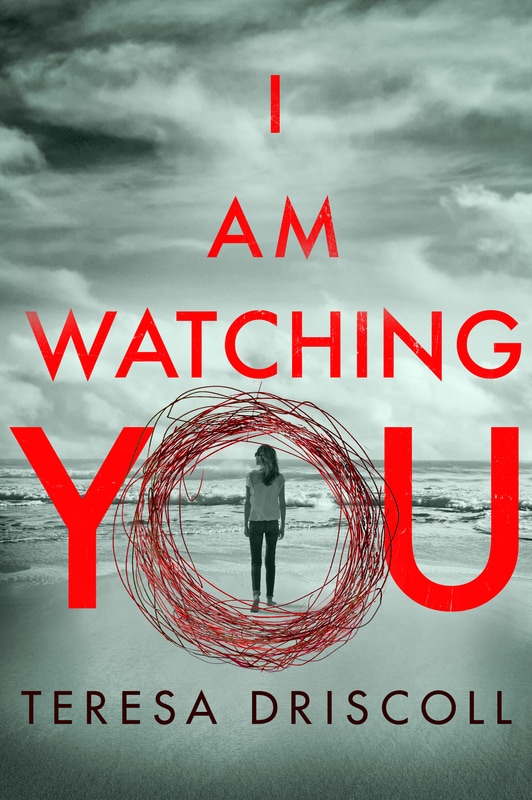
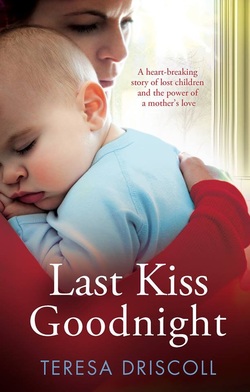
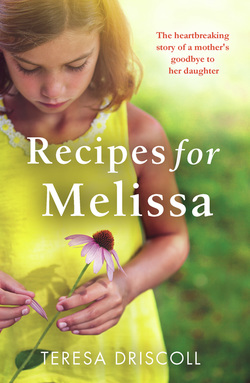
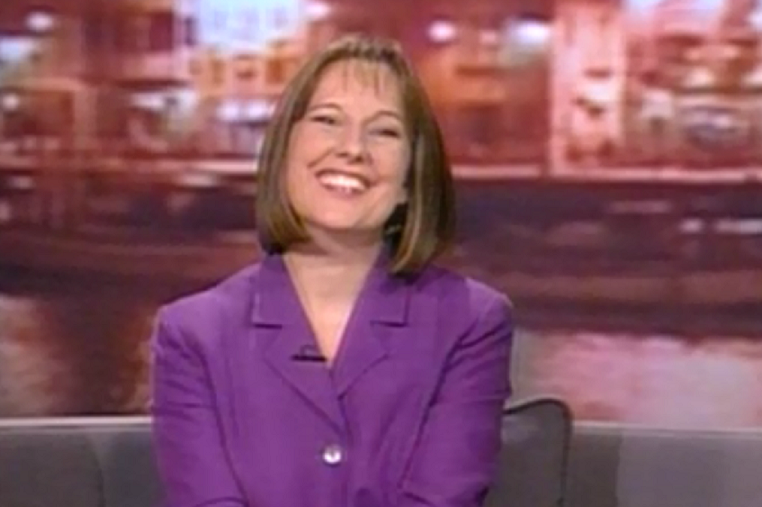
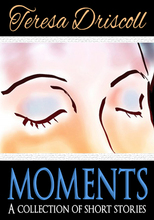
 RSS Feed
RSS Feed
